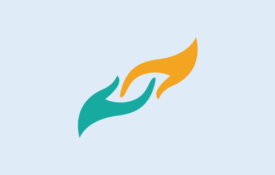-

Counting Ability May Emerge From the “Cognitive Technology” of Number Words
Humans’ ability to count may be limited by our knowledge of number words, according to a study of an isolated indigenous group in the Bolivian Amazon.
-

Science Community Urges Action to Support Ukrainian Scientists
The letter identifies actions the government can take to better assist the thousands of students, researchers, and their families fleeing the country.
-

2022 Spence Awards Mini Episode: Antonia Kaczkurkin on How We Internalize Disorders
Under the Cortex talks with 2022 Spence Award winner Antonia Kaczkurkin.
-
Cowboy Culture Doesn’t Have a Monopoly on Innovation
What does culture have to do with creativity? The answer could be “a lot.” For decades, psychologists trying to understand the roots of creative imaginations have looked at the way two kinds of cultures affect artistic and inventive efforts. Individualistic (sometimes called “cowboy”) cultures encourage people to be unique and to prioritize their own interests, even if doing so costs the group overall. Collectivistic cultures are based on relationships and duties to other people, often sacrificing the individual’s wants for the needs of close others or the community. Individualism has long been thought to have a creative edge.
-

Constellations Across Cultures
New research, as discussed by Charles Kemp and published in the journal Psychological Science, reveals that our visual processing system may explain the striking commonality of constellations across cultures.
-
Managing a Polarized Workforce
One of the most difficult challenges leaders of all organizations face is managing diverse perspectives. Much has been written on the benefits for teams and organizations of engaging with opposing views, fostering productive disagreement, and creating “teams of rivals.” Yet anyone who has been involved in such work knows that disagreements on strongly held opinions, often related to personal identity, are always tough and frequently destructive. That’s truer today than ever before, as topics from the #MeToo and Black Lives Matter movements to environmentalism and remote work have elevated both the need for thoughtful discussion and the desire to avoid it.

